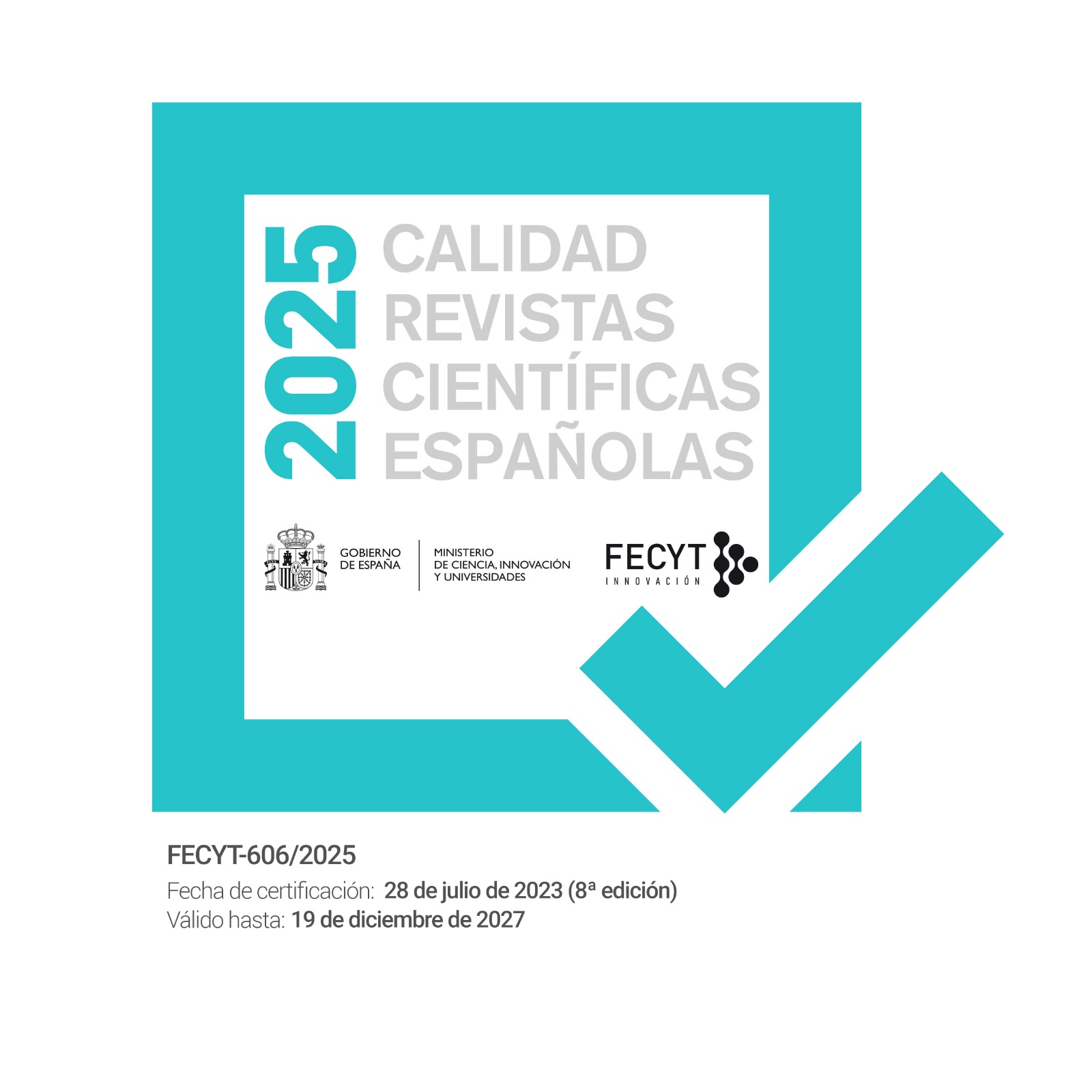Undue influence in wills and ‘prohibition of confessors’ from Rome to the present
Keywords:
Confessor, dispositiones captatorias, freedom of testation, vulnerable testator, undue influenceAbstract
The Spanish Supreme Court, in two recent decisions from 2015 and 2016 has dealed again with the incapacity of clergymen and the institution to whom he belongs, to be beneficiary of wills made by the parishioner they have assisted on their last disease. Even though the so called “prohibición de confesores” finds its starting point in Spanish Law in an Auto Acordado from 1713, the protection of the free will of the testator in the last minutes of his life, when he is deeply sugestionable, can be traced back to Rome at least. Thus, in the present paper is analized, in the first place, how dispositiones captatoriae and wills granted by means of constraint, violence or deceit were treated in Roman Law, to examine then the gradual recognition of the successor capacity of the Church and piae causae under the Low Empire, paying particular attention to the laws that, already in the imperial legislation, protected testamentary freedom from undue influence of clergymen, even though these laws had a very short life. We will afterwards study the reasons that justified, in its moment, the introduction of the relative lack of capacity of the confessor, in the regulation of the figure in the civil code and its jurisprudential application, especially, in the most recent decissions, to finish with some thoughts on the convenience of its mainenance in 21st century Spanish Law.
Downloads
Downloads
Published
How to Cite
Issue
Section
License
Creative Commons Reconocimiento-NoComercial-SinObraDerivada 4.0 España (CC BY-NC-ND 4.0 ES)




